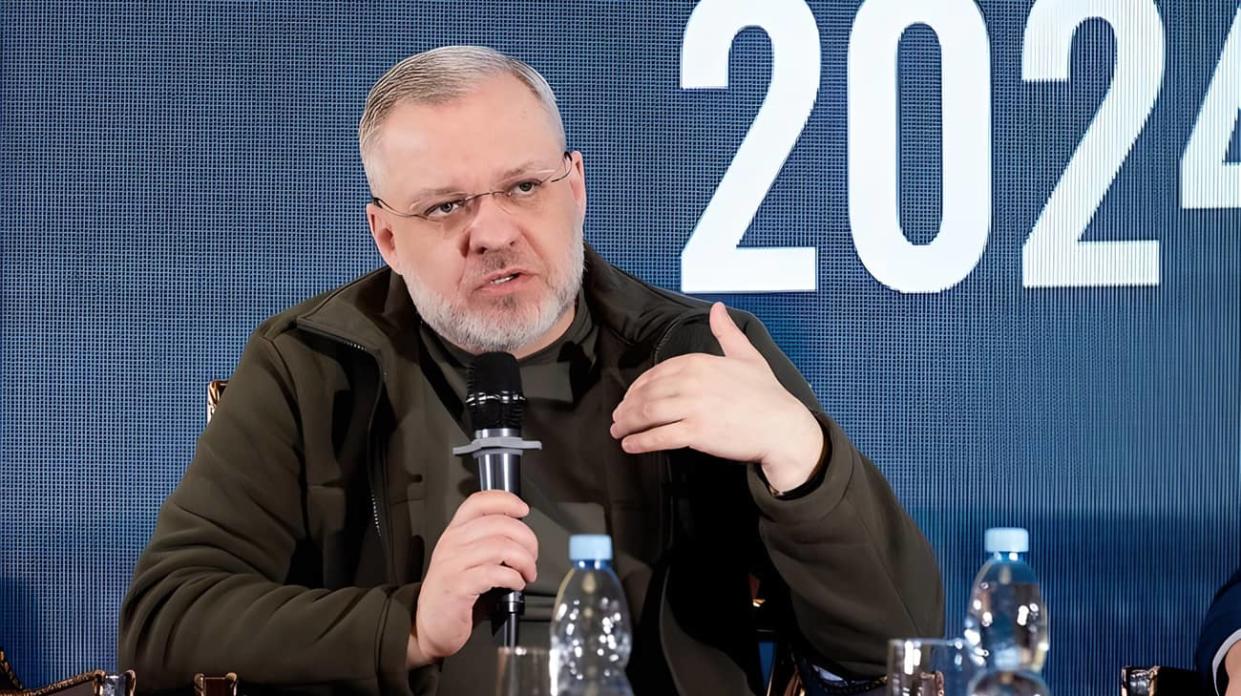Ukraine's Energy Ministry not ruling out electricity tariff hike due to consequences of latest Russian attacks

The Ukrainian government is exploring various options for financing the repair of power facilities after the latest Russian attacks, and raising tariffs for households has not been ruled out.
Source: Ukraine's Energy Minister Herman Halushchenko in an interview with Bloomberg
Details: "Depending upon the situation in July and August, we will ask people to save as much as possible. The Russians can’t cause a repeat of the blackouts of 2022 and 2023. Even in the case of huge damage, we’ll have basic generation that covers 30% to 50% of our needs," Halushchenko stated.
The official did not rule out an increase in the electricity tariff for households and noted that the government is exploring various options for financing the repair of energy assets.
"Today the situation is even more complicated, compared with last year, as we have lost a lot of hydropower production and have to conduct planned repairs of nuclear units," the minister pointed out.
The minister also added that Russia's bombing of Ukrainian energy facilities in recent weeks has been more extensive and better planned than attacks in the previous two years, disrupting generation capacity and limiting power supplies. Consequently, repairing equipment and protecting the power grid have emerged as critical priorities for the government, although it is struggling to assess the extent of the damage.
"The destruction was significant — in power generation and in electricity transmission. The situation is difficult. We still do not understand the scale of damage as many facilities are still in rubble and we can’t reach them," explained Halushchenko.
The total losses have not been officially estimated, although the energy minister said they are already measured in billions of hryvnias and may continue to grow. He said the scale could reach billions of dollars.
Halushchenko noted that Ukraine is looking for the necessary energy equipment worldwide — and in particular in neighbouring countries — to replace the damaged equipment. However, this quest might be in vain if Ukraine does not have sufficient air defence.
Furthermore, in the spring of 2024, primary targets of Russian airstrikes include thermal and hydroelectric power plants, posing risks not only of electricity shortages but also environmental catastrophes.
"Attacks on hydropower generation are acts of terrorism and war crimes, as they affect not only energy production but the operation of dams across the rivers," the minister said.
"We will definitely communicate with people. Everyone wants to live comfortably, but we have to think about the fact there are limitations at this time," the minister concluded.
Background: Valerii Tarasiuk, Chairman of Ukraine's National Commission for State Regulation of Energy and Public Utilities (NCSREPU), has suggested that changes to the mechanism of public service obligations (PSO) may be introduced. At the moment, the difference between tariffs and the market price is covered by NNEGC Energoatom, Ukraine's state nuclear energy regulator, and Ukrhydroenergo, Ukraine’s largest hydropower generating company, until 1 May 2024.
Subsequently, the NCSREPU explained that no efforts were being made to change the current electricity tariffs for household consumers.
Support UP or become our patron!

